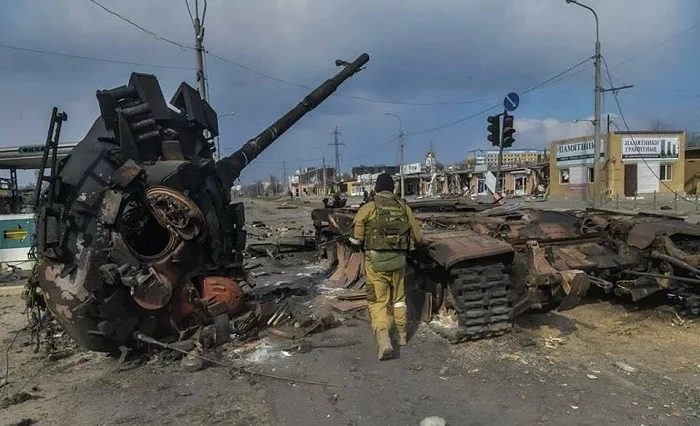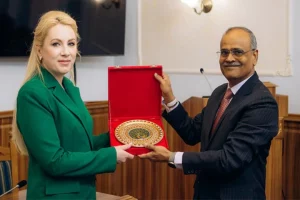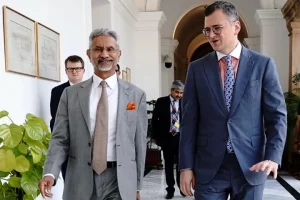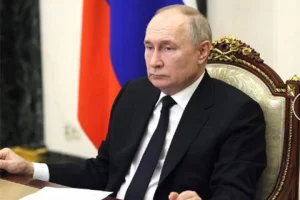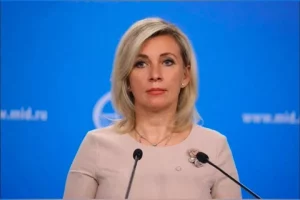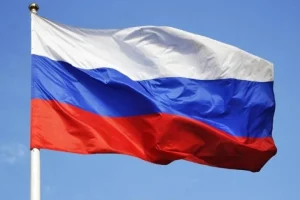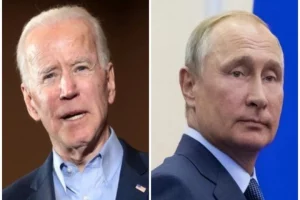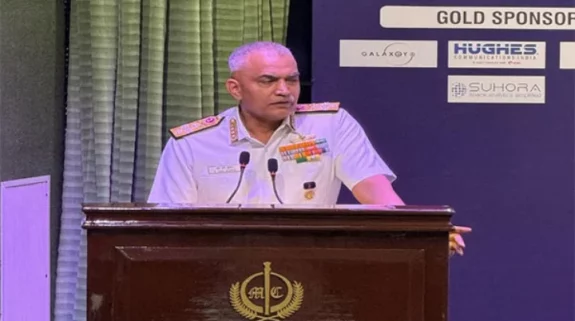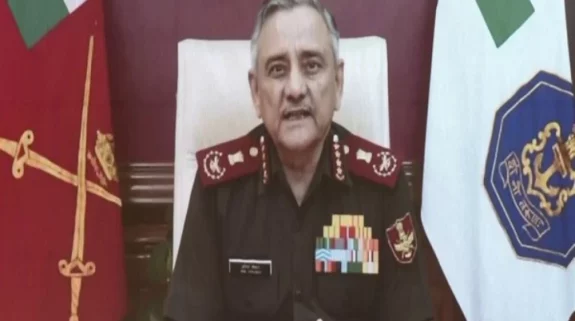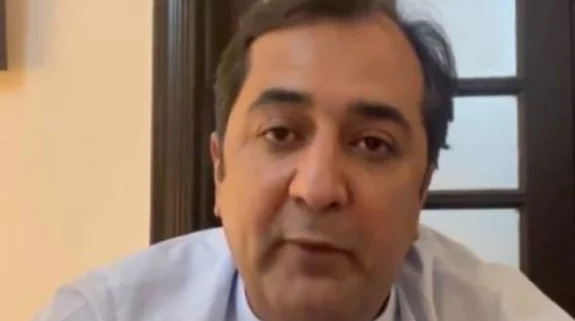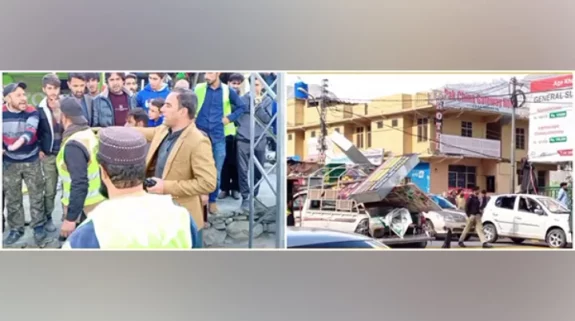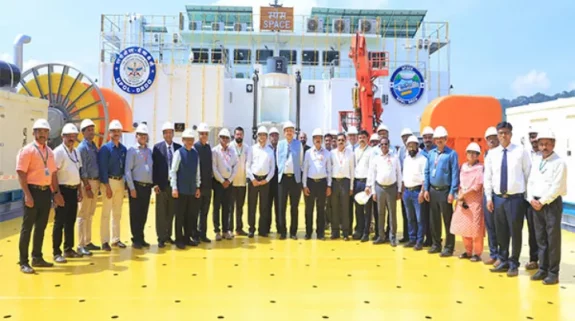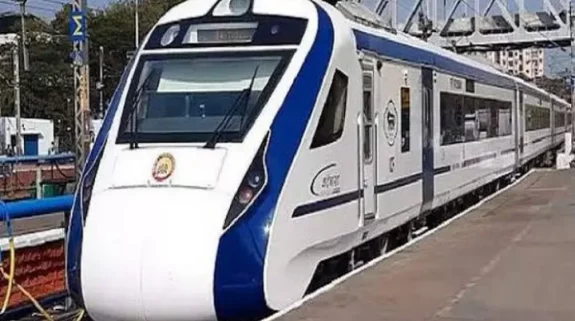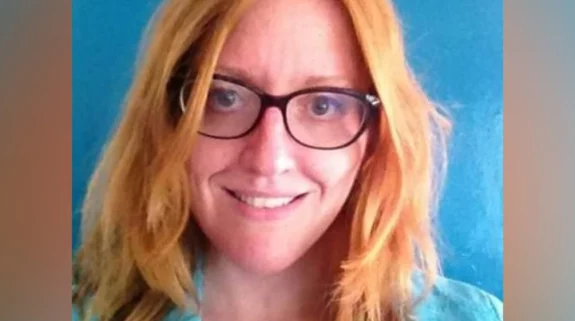Russia has said that the strengthening of the eastern flank of NATO had started much before the 30-member alliance announced the action following the Extraordinary Summit of NATO Heads of State and Government at its headquarters in Brussels, earlier this week.
Calling Moscow's military operation in Ukraine as the "biggest threat to our security in a generation", NATO Secretary General Jens Stoltenberg had announced reinforcing Allied deterrence and defence to support Kiev by approving four new NATO battlegroups in Bulgaria, Hungary, Romania, and Slovakia.
"These are in addition to the four already in the Baltic countries and Poland. So we have eight multinational NATO battlegroups now. From the Baltic Sea to the Black Sea. Across Europe, there are one hundred thousand US troops supporting NATO efforts," Stoltenberg said on Thursday.
The intergovernmental military alliance said it will also be equipping Ukraine with significant military supplies, including anti-tank and air defence systems, and drones "which are proving highly effective". They will be backed up with major air and naval power – including "an unprecedented" five carrier strike groups from the High North to the Mediterranean – and forces under direct NATO command, 40,000 of which are already in eastern Europe.
"On land, we will have substantially more forces in the eastern part of the Alliance, at higher readiness. With more prepositioned equipment and supplies. In the air, we will deploy more jets. And strengthen our integrated air and missile defence. At sea, we will have carrier strike groups, submarines and significant numbers of combat ships on a persistent basis," said the NATO chief.

Left to right: NATO Secretary General Jens Stoltenberg, European Commission President Ursula von der Leyen, Japan's Prime Minister Fumio Kishida, Canada's Prime Minister Justin Trudeau, U.S. President Joe Biden, Germany's Chancellor Olaf Scholz, British Prime Minister Boris Johnson, France's President Emmanuel Macron at the G7 Leaders' meeting in Brussels on Thursday (Image courtesy: NATO)
Emphasising that Russian President Vladimir Putin's "invasion of Ukraine has changed the security environment for the long term", Stoltenberg said that the details on enhancing collective defence and interoperability will be finalised at the next Summit in Madrid in June.
"Well, what we do is that we are delivering a lot of equipment, and that is an answer. But I will not go into the details. I don't think that's wise for operational reasons if I listed exactly what and when and how we are delivering essential equipment to Ukraine," he inisited.
Several countries, meanwhile, continue to announce new military support packages for Ukraine.
On Thursday, at the NATO and G7 leaders' meetings, UK Prime Minister Boris Johnson revealed that London will be providing 6,000 missiles, consisting of anti-tank and high explosive weapons, and £25 million in financial backing for the Ukrainian military.
The UK has already provided over 4,000 anti-tank weapons to Ukraine's armed forces, including Next-Generation Light Anti-Tank Weapons Systems, or NLAWs, and Javelin missiles. The Johnson government is also supplying Starstreak high-velocity anti-air missiles to help Ukrainians defend themselves against aerial bombings, as well as body armour, helmets and combat boots.

File image courtesy: Kremlin.ru
However, the Kremlin said that the new military and economic support packages for Ukraine and NATO's decision to bolster the eastern flank, does not comes as a surprise for Moscow.
Dmitry Peskov, the Press Secretary of the Russian President, said that "a sufficiently powerful military infrastructure" had already been formed in the east much before the NATO announcement this week.
"Even before the decision was made to strengthen the eastern flank of NATO, de facto, this strengthening was already carried out. A rather powerful fist was formed there, a powerful military infrastructure of NATO," Peskov told reporters in Moscow on Friday.
He said that long before the Brussels meet, Putin had already instructed Defence Minister Sergei Shoigu to work out and submit proposals on measures to strengthen the Russian western flank.
🕯 Today marks 2️⃣3️⃣ years since @NATO began bombing #Yugoslavia.
◼️ ~ 2,000 civilians, incl. at least 89 children, were killed.
◼️ Depleted uranium was used causing cancer & other malignant diseases.
On that day the West began dismantling the international legal framework. pic.twitter.com/xfAlZxVNoj
— MFA Russia 🇷🇺 (@mfa_russia) March 24, 2022
"Unfortunately, Russia has never been the initiator: we did not move towards NATO, NATO moved towards us, thereby creating danger for us and causing our concern," Peskov was quoted as saying by Russian state-owned domestic news agency RIA Novosti.
Shoigu, reported the Russian media, has also set the task of developing long-range precision weapons, aviation equipment and maintaining the combat readiness of strategic nuclear forces.
Also Read: World frowns on Taliban's ban on girls' schools and policy of gender discrimination






